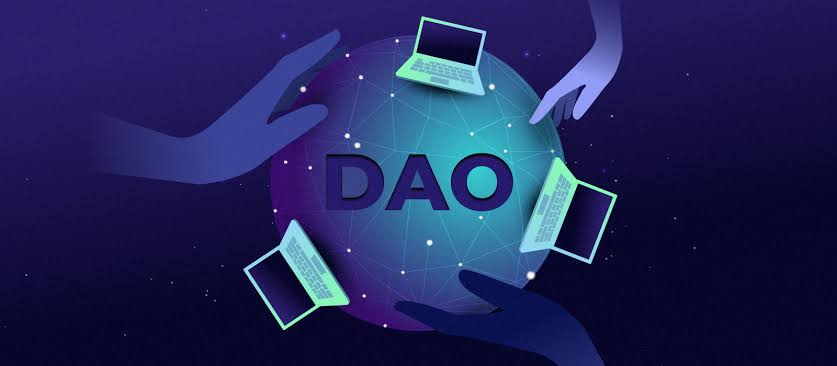
Decentralized Autonomous Organizations (DAOs)
Decentralized Autonomous Organizations, often referred to as DAOs, are a novel form of organizational structure enabled by blockchain technology and smart contracts. Here are some key aspects of DAOs:
- Autonomous Governance: DAOs are entities governed by code, not individuals or centralized authorities. Smart contracts define the rules and decision-making processes, allowing for trustless and transparent governance.
- Token-Based Voting: Most DAOs use a token-based system where members hold tokens that represent voting power. Decisions about the DAO’s operations, investments, and activities are made through tokenholder voting.
- Transparency and Accountability: The blockchain’s immutable ledger ensures transparency within DAOs. Every transaction and decision is recorded on the blockchain, making it easy to trace and audit.
- Use Cases: DAOs have been applied in various industries, including finance, art, gaming, and more. They can fund projects, manage investments, curate digital art collections, and even govern decentralized protocols.
- Challenges: Despite their promise, DAOs face challenges such as security vulnerabilities in smart contracts, governance disputes, and regulatory scrutiny. The infamous “DAO hack” in 2016 highlighted the need for robust security measures.
- Legal and Regulatory Issues: DAOs exist in a legal gray area, as traditional legal structures struggle to categorize and regulate them. This raises questions about liability, taxation, and compliance.
- Evolution: DAOs are an evolving concept. New models, such as “liquid democracy” and “meta-governance,” are being explored to improve decision-making and address issues like voter apathy.
- Community Engagement: Successful DAOs rely on active and engaged communities. Effective communication and participation are crucial for making informed decisions and achieving the DAO’s goals.
- Future Potential: DAOs have the potential to disrupt traditional organizations and governance structures, enabling more decentralized, democratic, and efficient decision-making processes.
In summary, DAOs represent a groundbreaking approach to governance and organizational management, leveraging blockchain technology to create trustless and transparent structures. While they offer many advantages, they also face challenges, both technical and regulatory, as they continue to evolve and expand into various industries.


